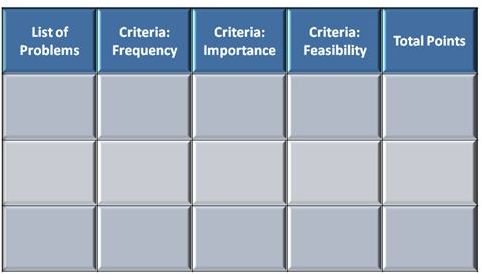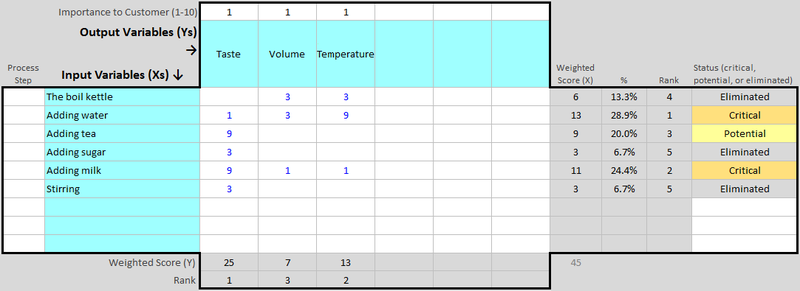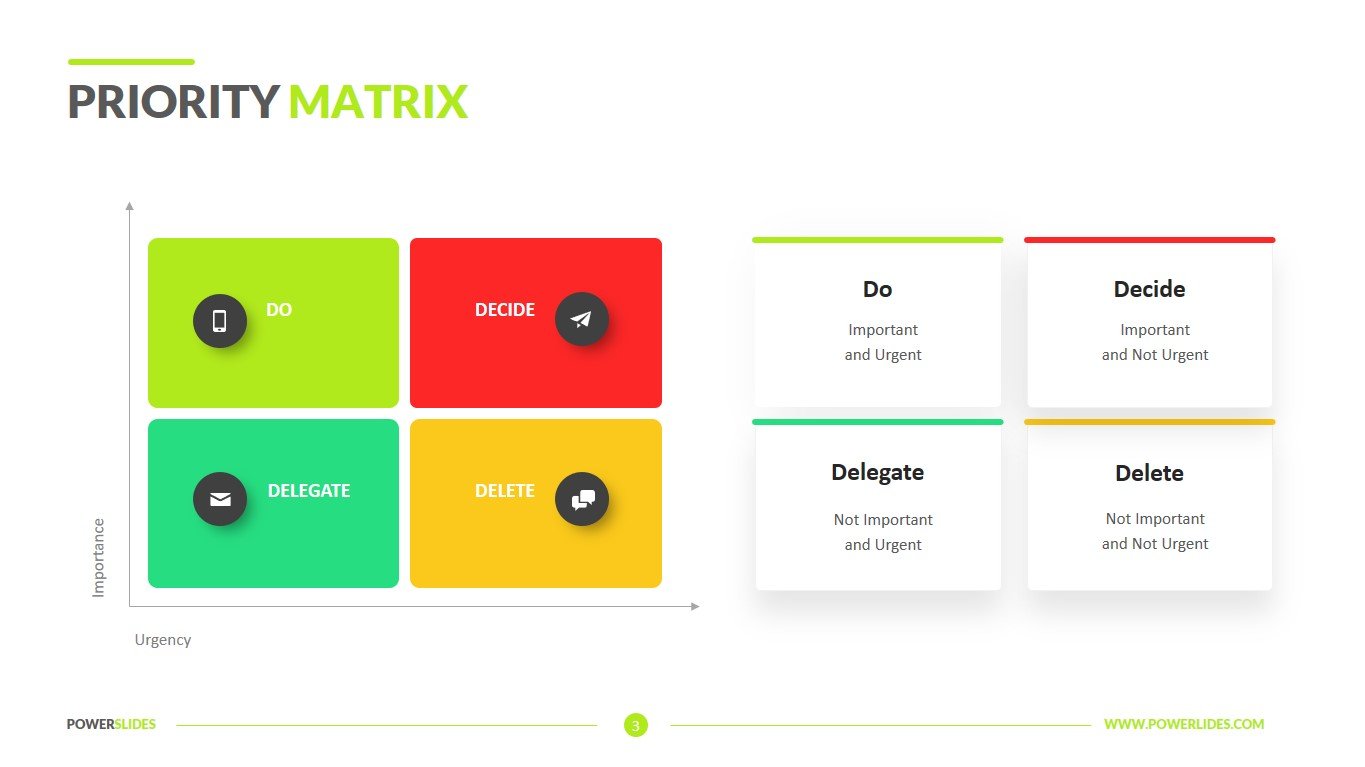


Some areas of ODV, such as managing change, are now considered core knowledge for all people professionals. They should leverage their expertise and knowledge of the organisation to question assumptions, help surface non-obvious problems/issues, diagnose barriers and enablers of execution, and manage change effectively. ODV professionals will also need to collaborate with other people professionals, as their work does heavily draw upon and develop many of the processes of HR and/or learning and development processes to bring about the required change. Employees are often at the centre of the changes to the organisation that follow, and people professionals need to have a solid understanding of the relationship between organisation development, organisational strategy and the HR agenda. It is done continuously ODV is a kind of planned, ongoing, systematic change that aims to institutionalise continual improvement within organisations. ODV is also related to change management in the sense that many developments would be implemented using change management practices.Īlthough these points could be seen to apply to almost any HR activity in an organisation, it’s important to recognise ODV activities as slightly different in the sense that they are done for a different reason than day-to-day HR activities or improvements. ODV specialists have expertise in navigating complexity to unpick what the organisation is trying to achieve diagnose underlying issues, challenges, opportunities and to select the best approaches to develop the organisation moving forward. This ensures that people practices are developed in a way that uses research-based insights and scientific understanding of how and why people behave the way they do. Development that’s undertaken without such a focus can become incongruent with the rest of the organisation and can cause issues in other areas.Īpplying behavioural science knowledge and practice, such as leadership, group dynamics and work design. Maximising the value gained from the organisation’s resources – for example, in an automated manufacturing plant, the development might focus on mechanical efficiencies, whereas if the organisation produces people services, it might focus on people capabilities.Īligning to an organisation’s strategy, goals and core purpose – all development is carried out to achieve these things to a greater extent. While ODV can take many forms and focus on different aspects of an organisation, some fundamental principles tend to be present: ODV specialists play a critical role in working with line leaders and other people professionals to develop the organisation to achieve its goals and enhancing customer and employee experience.įind out more about the factors that are having an impact on ODV practice, now and in the future, in our thought pieces collection Organisation development – the state of play and beyond. Regardless of the approach, ODV has grown to become one of the most critical practices an organisation needs to maintain performance within a rapidly changing environment. ODV has developed from various disciplines, meaning ODV approaches and career pathways are wide ranging.

See how ODV fits into our Profession Map. Our definition of ODV from a people profession perspective is ‘a planned and systematic approach to enabling sustained organisational performance through the involvement of its people’. It considers elements like organisational culture, capability, values and relationships, taking an ecosystems approach to understanding them and how they influence behaviour and performance. Organisation development uses a systematic approach to drive business performance.

Because the of this, organisations often find that the practices they have used historically that used to perform well, no longer work as well as they did - they need adjusting to maximise their impact on the organisation achieving its goals. Organisations operate in a constantly-changing environment externally (where markets change, new competitors emerge, and technology evolves) and internally (where people come and go, cultures evolve, and leadership agendas change).


 0 kommentar(er)
0 kommentar(er)
